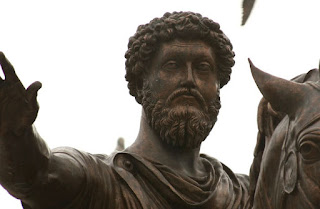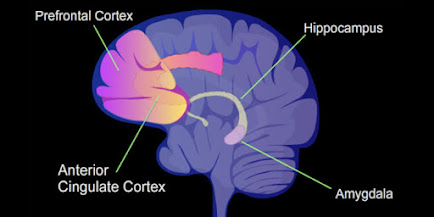How the stoicism can help us deal with depression

Depression is on the rise. A study conducted by the World Health Organization found an increase of 20 percent in depression cases within just a decade. I work on a university campus. One might expect such a place to feel vibrant and energetic, but lately there seems to be more fatigue and malaise. Even for me, on some days it can feel hard to face the world. As a scholar of ancient philosophy and a practicing stoic, I have found great solace in the works of Roman stoic philosophers such as Marcus Aurelius, emperor of Rome, and Epictetus, teacher of Stoic philosophy and a former slave. What tools do these ancient thinkers offer to deal with depression? Of course, I must add here that clinical depression, which is a serious health issue and should be treated by a professional, is a different matter than the sort of ordinary depression and fatigue that most of us might feel from time to time. What is stoicism? Stoicism is based on the idea that the goal of life is to live in...




